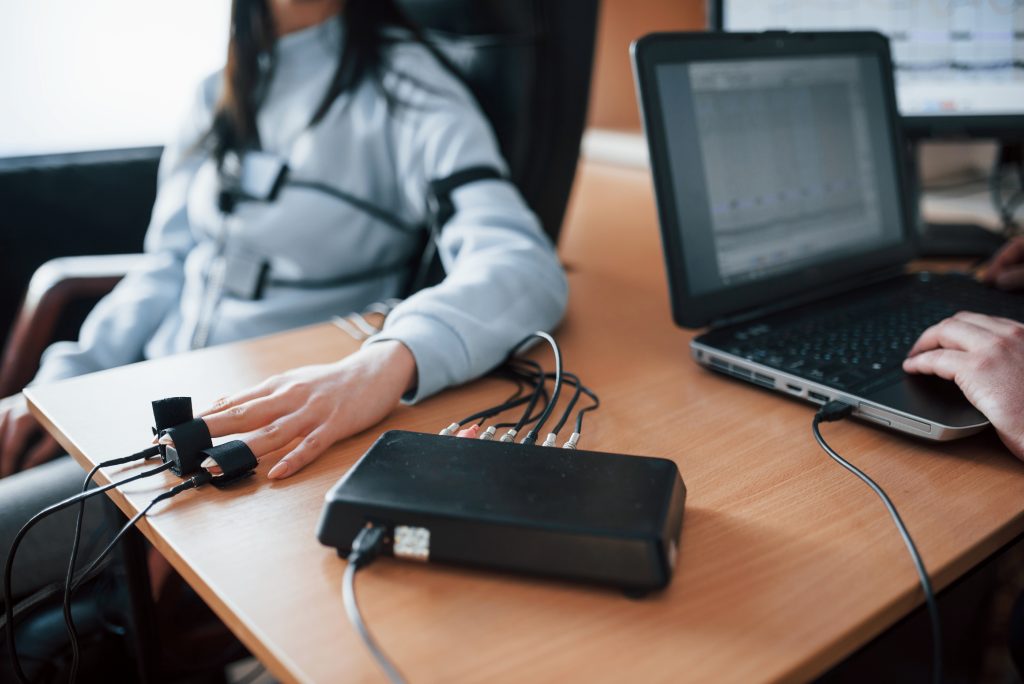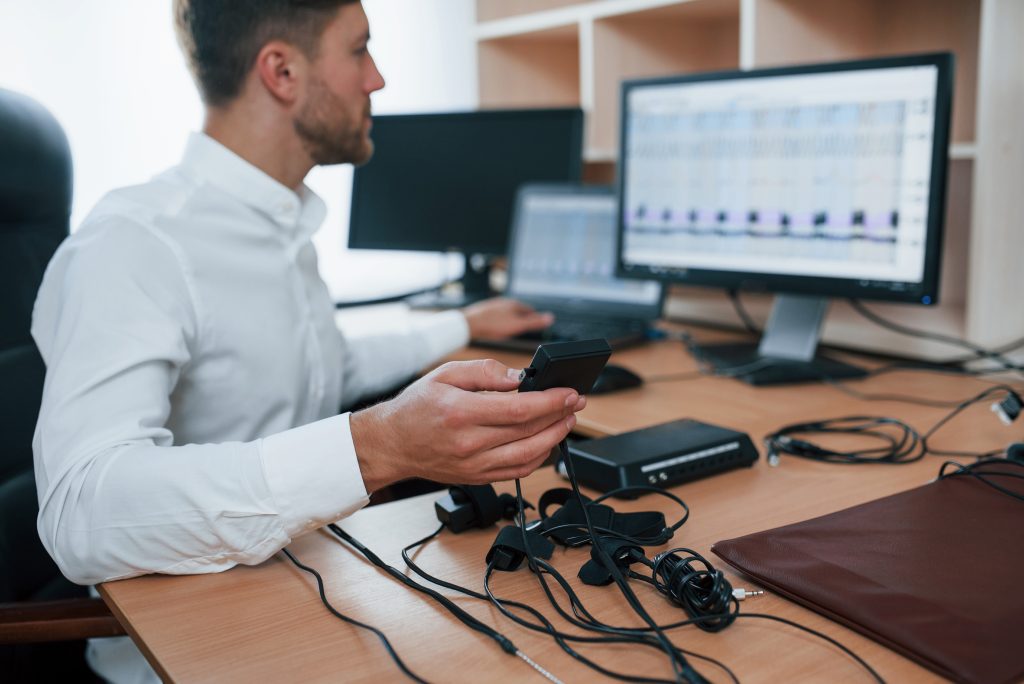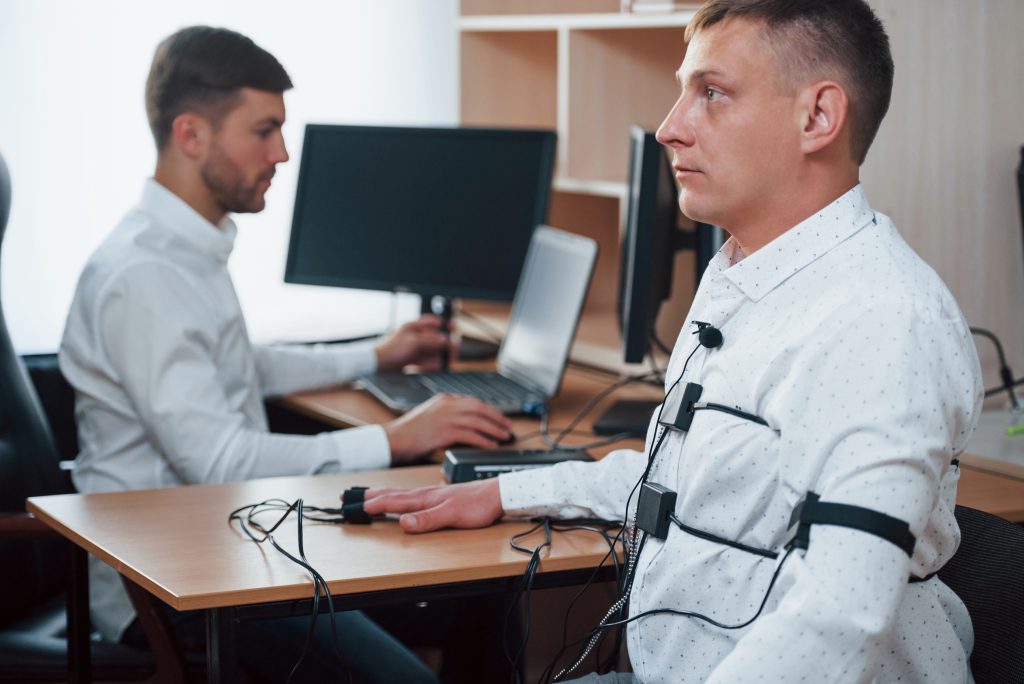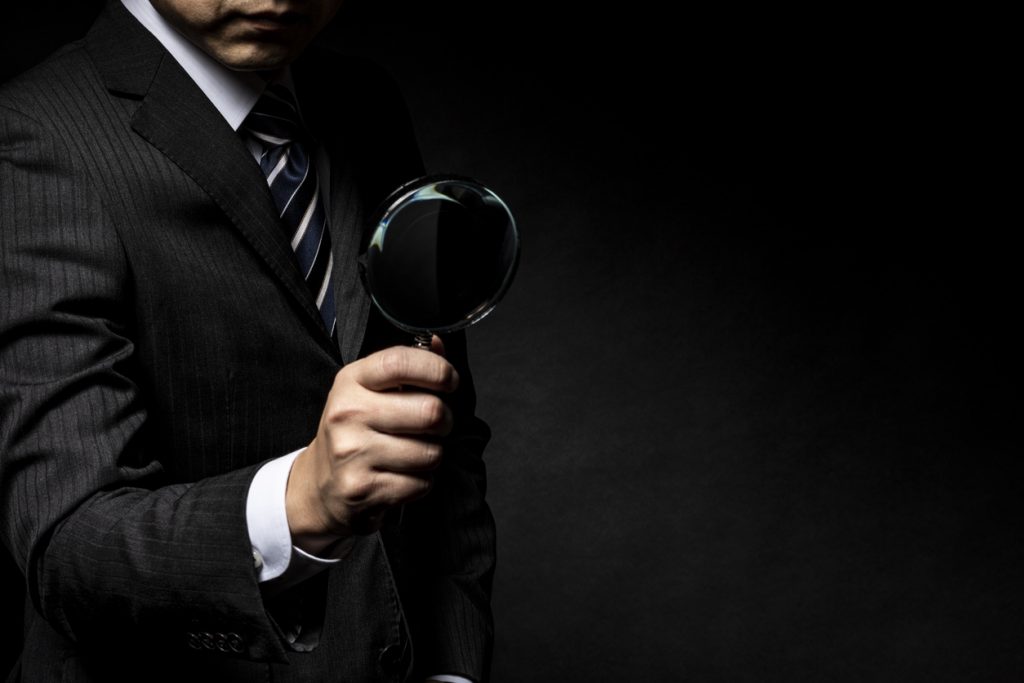
Are you curious how a lie detector works? Well, you’re not alone. Lots of people want to know how these machines can tell if someone is lying or telling the truth.
You might’ve seen lie detectors work on movies, documentaries, or even in real life. But how do they actually work? Well, one thing for sure is that there’s a lot of science behind it.
In this article, we’ll take a closer look at how lie detectors work, how they’re used, and what their accuracy is.
What is a Lie Detector
Basically, a lie detector test measures three things: skin conductivity, heart rate, and respiration. Skin conductivity increases when we get nervous, because our sweat glands open up and we start to perspire. Heart rate increases when we get anxious or nervous, and respiration also speeds up when we’re under stress.
The lie detector test measures all of these things with sensors that are attached to the person being tested. The sensors are usually attached to the fingers, hands, or arms.
Once the sensors are attached, the person being tested is asked a series of questions. The questions can be about anything, but they’re usually personal or private in nature. The idea is to see if the person gets nervous when asked certain questions.
If the lie detector test shows that the person’s skin conductivity, heart rate, or respiration increased when asked a certain question, then it’s assumed that the person is lying about something.
How Accurate are Lie Detectors

The accuracy of lie detectors is often debated. Some experts say that they’re quite accurate, while others claim that they’re not accurate at all. There isn’t really any definitive answer, but it seems that most experts agree that lie detectors are fairly accurate.
One study found that lie detectors were about 80% accurate in distinguishing between lies and truths. However, this study only looked at a small sample of people, so the results may not be completely accurate.
Another study claimed that lie detectors were around 90% accurate. This study looked at a larger sample of people, so the results may be more reliable.
So, it seems that lie detectors are somewhere between 80% and 90% accurate. However, there are many factors that can affect the accuracy of a lie detector test. For example, if the person being tested is very nervous or anxious, the test may not be completely accurate.
Also, some experts believe that skilled liars can fool a lie detector test. So, if someone is really good at lying, the test may not be able to detect it.
Overall, lie detectors are fairly accurate, but they’re not perfect. There are always going to be some factors that can affect the accuracy of the test.
What are the Limitations of a Lie Detector

Lie detectors can be useful in many situations, but there are also some limitations to consider. Depending on the situation, it could not be as accurate as you want it to be.
Here are some factors that can affect the accuracy of a lie detector test:
What the person is feeling
The person being tested may be very nervous or anxious, which can affect the results. One tip you can do to avoid this is to make sure the person is relaxed before taking the test. It could be doing some breathing exercises or anything that can help the person relax.
Anxiety and stress
As we mentioned before, anxiety and stress can affect the results of a lie detector test. If the person is under a lot of stress, it could make them look like they’re lying even if they’re telling the truth.
Trying to fool the test
Some people may try to cheat or fool the test by controlling their anxiety or heart rate. While this is possible, it’s not easy to do and it would be very difficult to fool a trained professional.
The questions
The questions asked during the test can also affect the results. If the questions are not well-designed, it could lead to inaccurate results. The questions should be carefully crafted in order to get accurate information.
Overall, lie detectors can be useful, but there are some limitations to consider. Make sure you understand how the test works and what factors can affect the accuracy before using it.
Are Lie Detectors Accurate?
The accuracy of lie detectors is often debated. Some experts say that they’re quite accurate, while others claim that they’re not accurate at all. There isn’t really any definitive answer, but it seems that most experts agree that lie detectors are fairly accurate.
If you’re trying to catch a lying person, the best way to do it is by hiring a private investigator. They have the experience and knowledge to help you get the evidence you need.
Hire A Private Investigator Today!

Whether it’s a job for personal or business purposes, we can help you. At Sydney Private Investigator, we have a wide range of services that can help you with your needs. We offer services such as background checks, surveillance, and more.
If you’re looking for a reliable and experienced private investigator in Sydney, contact us today! We will be more than happy to help you with your case.

